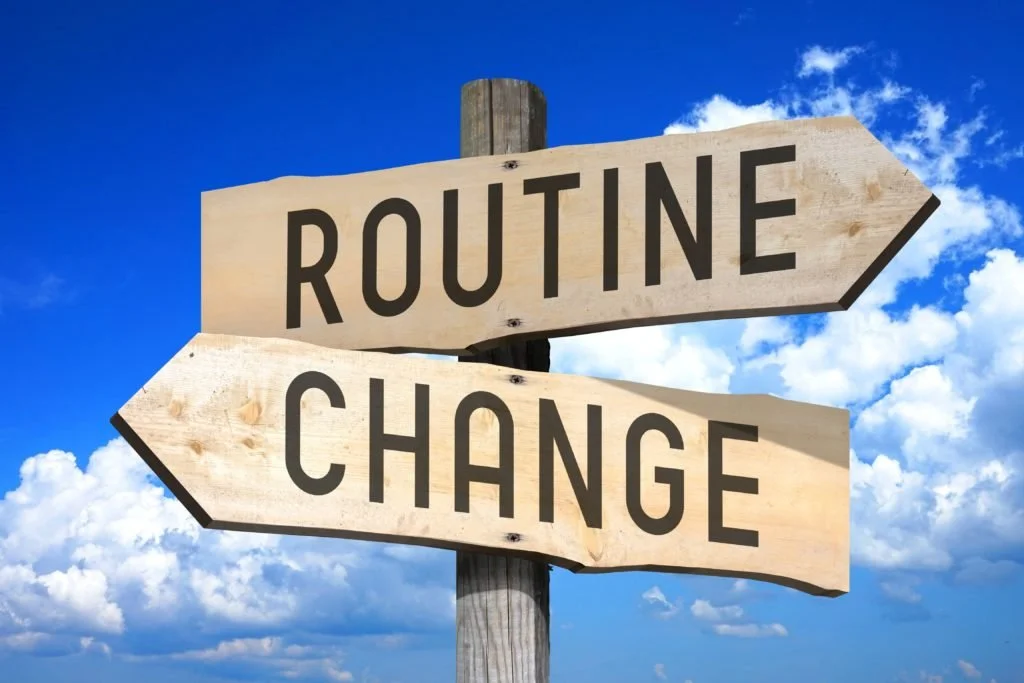The best leaders are also great teachers.
Like great teachers, who demystify for their students critical areas like how best to learn, organize information, and study, great leaders are regularly teaching their people what they've learned about what does or doesn't work.
Here are some of the benefits that arise when leaders take on the role of educators and empower their teams.
Knowledge Transfer: When leaders take the time to share their knowledge, they help team members avoid pitfalls, make informed decisions, and accelerate their own growth.










